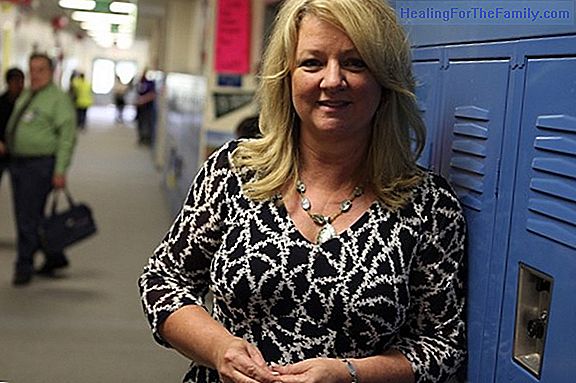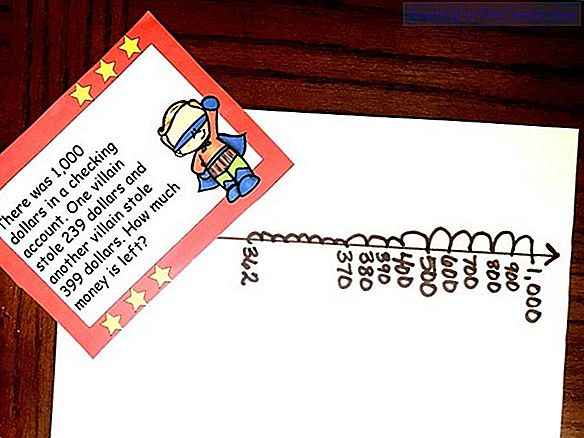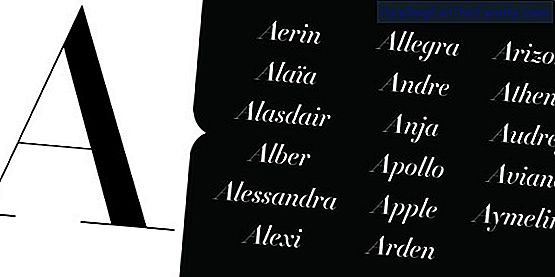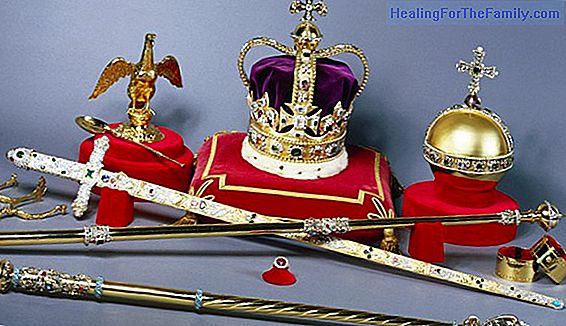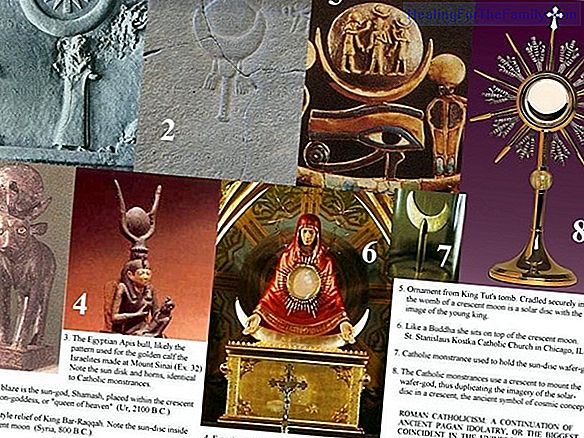Down syndrome: early diagnosis in pregnancy
Down syndrome is a genetic disorder caused by the presence of an extra copy of chromosome 21. A trisomy of pair 21 occurs, which is characterized by the presence of a variable degree of cognitive disability and peculiar physical features that give a recognizable aspect to the affected child with Dow
Down syndrome is a genetic disorder caused by the presence of an extra copy of chromosome 21. A trisomy of pair 21 occurs, which is characterized by the presence of a variable degree of cognitive disability and peculiar physical features that give a recognizable aspect to the affected child with Down syndrome.The causes that cause the chromosomal excess of Down syndrome are still unknown, although it is statistically related to a maternal age above 35 years. Children with Down Syndrome
are predisposed to suffer from some pathologies of heart, digestive and endocrine system , due to the excess of proteins synthesized by the extra chromosome.Common features include a peculiar physiognomy, a lack of generalized muscle tone, a variable degree of cognitive disability and stunting.
Early diagnosis of Down syndrome during pregnancy
The risk of Down syndrome in the baby can be determined early with the triple screening test and with
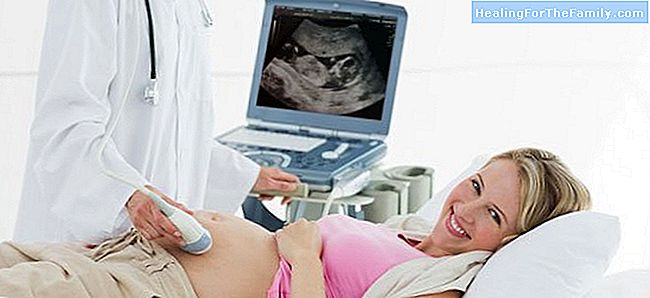
the ultrasound of the first trimester of pregnancy that measures the nuchal translucency. Both tests can give positive markers, but the certainty of Down syndrome is only obtained after an amniocentesis that analyzes, through a sample of fetal amniotic fluid, the genetic material. The analysis of the cryonics villus makes it possible to diagnose Down syndrome
or, more frequently, to confirm that it is not present. Because both amniocentesis and chorionic villus testing are procedures that carry a small risk of infection or loss of the fetus, they are usually offered only to those women whose chances of having a baby with chromosomal or other birth defects are greater. of the normal.Doctors often suggest performing an amniocentesis when a woman gets an abnormal result on the alpha-fetoprotein (AFP) test, a blood test performed around the 16th week of pregnancy.
This test can detect the presence of Down syndrome in approximately 35 percent of cases. A newer version of this test, which measures AFP and also the levels of two pregnancy hormones, can apparently detect the presence of Down syndrome in about 60 percent of cases. However, these blood tests are not used to diagnose the syndrome conclusively, since they are only preliminary analyzes that indicate the need for an amniocentesis. Generally, the chances of conceiving another baby with Down syndrome in each subsequent pregnancy are 1 percent, plus the mother's own risk according to her age. However,
if the first child has Down syndrome, the chances of having another child with Down syndrome increase enormously . Usually, when a baby is suspected of having Down syndrome, doctors take a sample of their blood to perform a chromosome analysis (called a karyotype). This test is used to determine if the baby has Down syndrome and to identify the corresponding chromosomal abnormality. This information is important in determining the risk that parents face in future pregnancies. In this way, parents can be sent to a genetic specialist who can explain the results of this analysis in detail and indicate the risks of this phenomenon recurring in another pregnancy.Who is at the greatest risk of having a baby with Down syndrome?
Couples who have already had a baby with Down syndrome, mothers or parents whose chromosome 21 has been rearranged and mothers over 35 years of age are the most at risk. The risk of Down syndrome increases with the age of the pregnant mother. Thus, approximately one in every 1,250 children is at risk of being born with Down syndrome in a 25-year-old woman. However, this risk increases to one in 952 at the age of 30, and continues to increase to one in 378 children when the mother reaches 35 years. At age 40, the risk of having a baby with Down syndrome rises to one in every 106 babies.
Sources consulted:
- Fundació Catalana Síndrome de Down- Fundación Síndrome de Down-Valencia- Spanish associations- International associations

